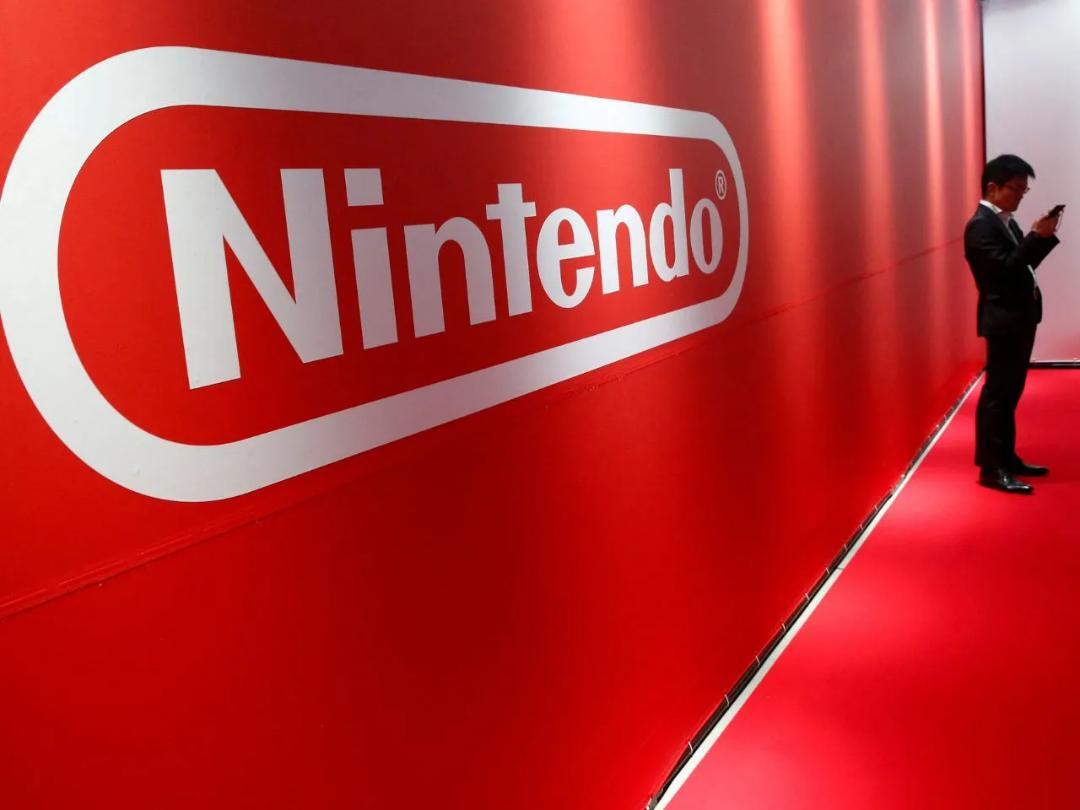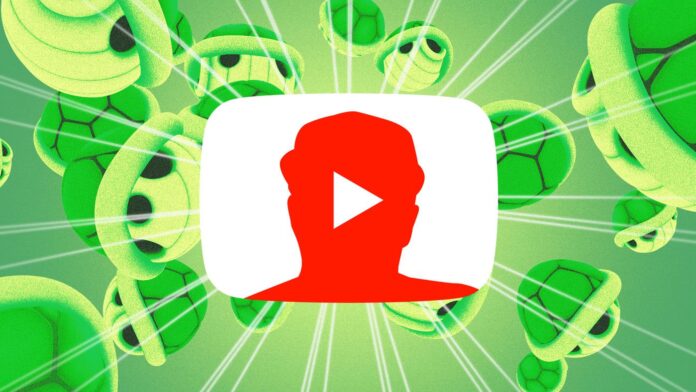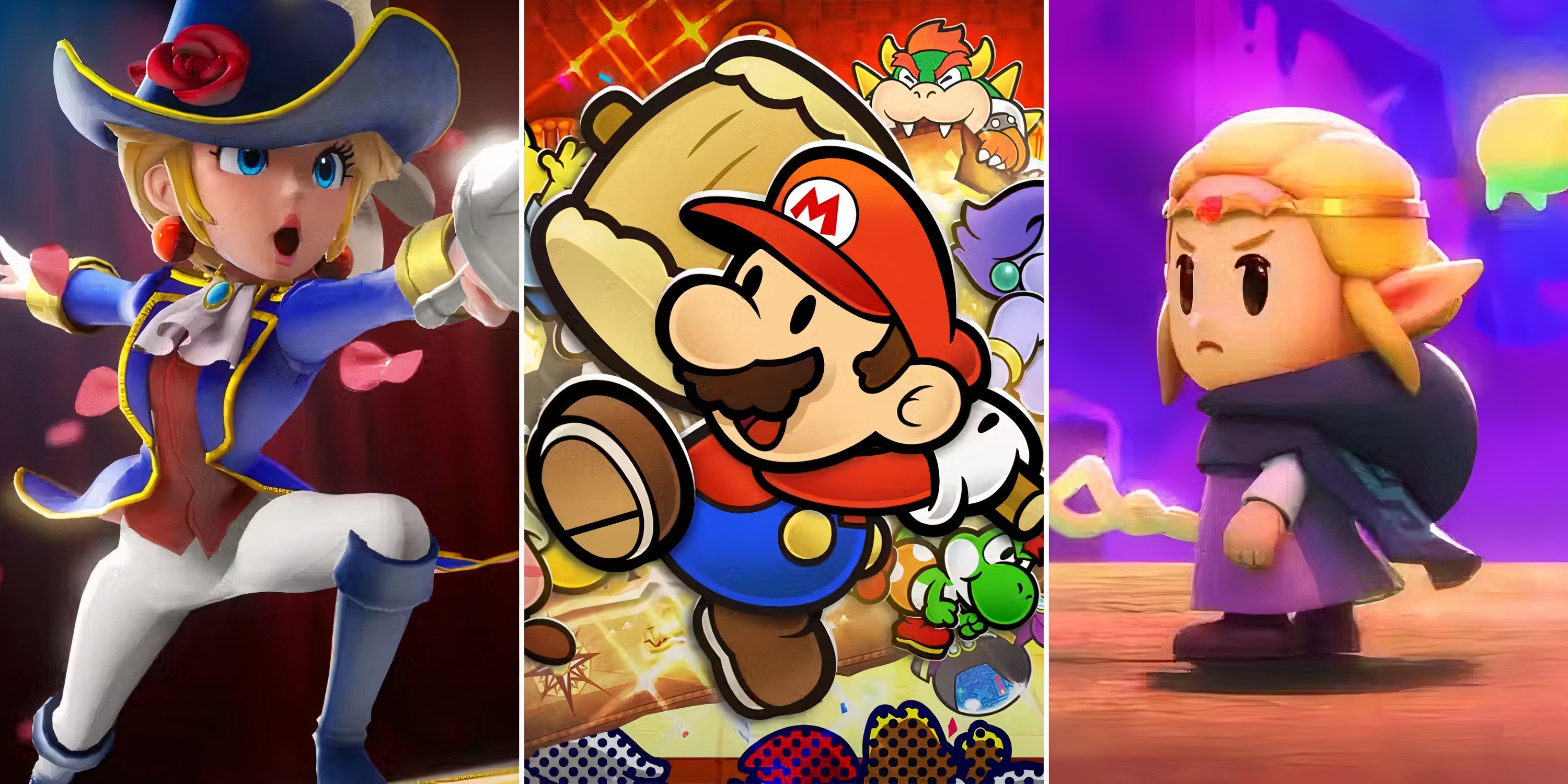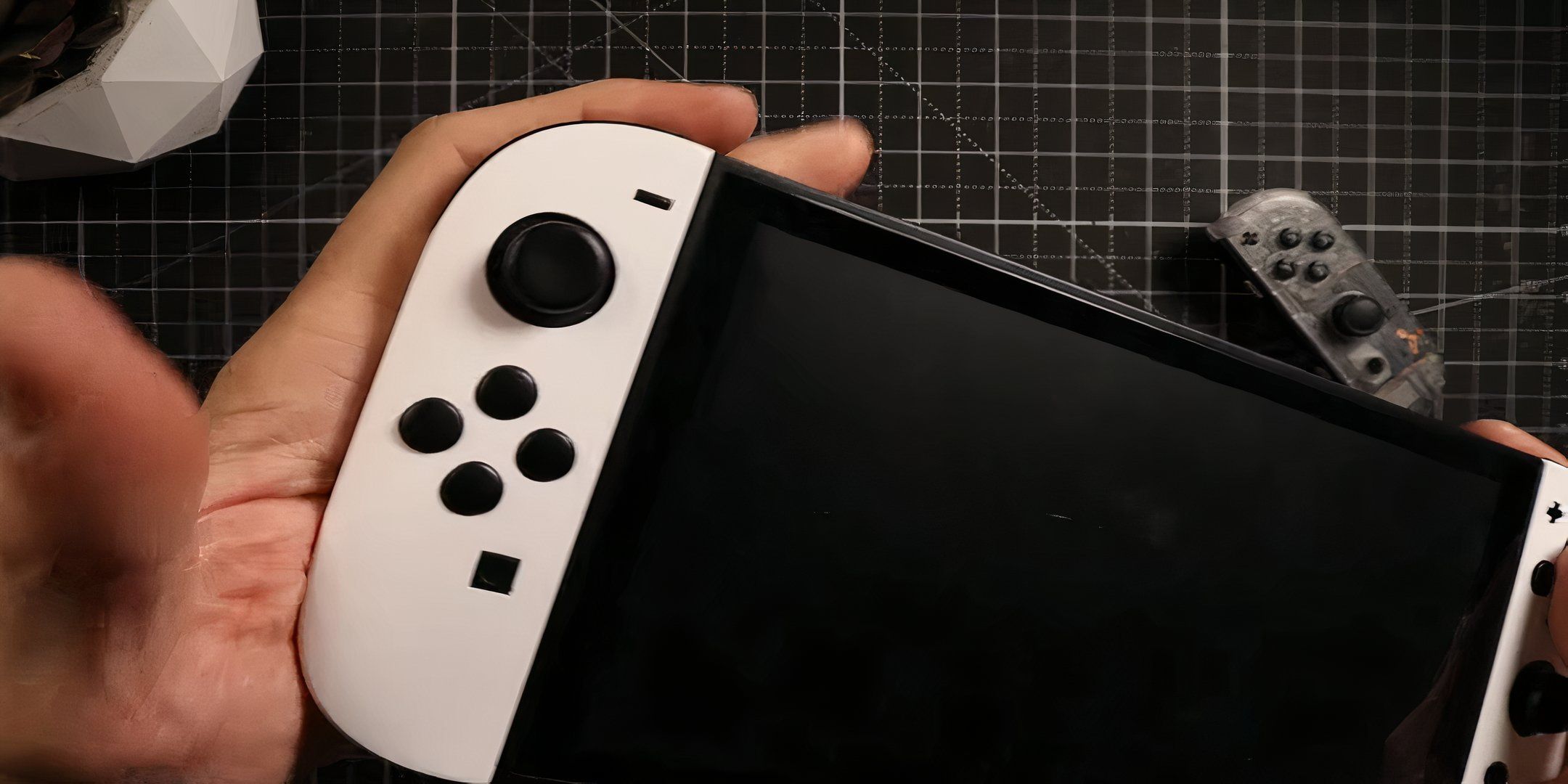YouTubers targeted by a fraudulent impersonator claiming to represent Nintendo’s legal department have caused alarm among the creator community and fans. The scam revolves around false DMCA takedown notices that disrupted multiple content creators’ channels, including Domtendo, a well-known Let’s Play creator. The impersonator misused the Digital Millennium Copyright Act (DMCA) system to issue fake claims, causing significant inconvenience and financial losses to creators. This incident has not only spotlighted the vulnerability of digital platforms but also highlighted critical flaws in the DMCA process, which is frequently exploited by malicious actors.

Fraudulent Claims Threaten Content Creators
The issue came to light when Domtendo, a prominent YouTuber who focuses on Nintendo content, reported receiving several takedown notices. These notices appeared legitimate and led to strikes on his channel, putting his account at risk of suspension. After investigation, it was confirmed that these notices were not from Nintendo but from a scammer impersonating the gaming giant’s legal team. This revelation sparked widespread criticism of the DMCA process, with many creators expressing frustration over the ease with which such fraudulent claims can be submitted.
Nintendo Addresses The Fake DMCA Notices
Nintendo has acknowledged the issue and assured the public that it is actively investigating the matter. A spokesperson for the company emphasized that Nintendo does not support or condone such actions, and the company is collaborating with YouTube to resolve the problem. However, the incident has sparked criticism of Nintendo’s broader approach to handling intellectual property disputes. While protecting copyrights is essential, the misuse of legal frameworks to target legitimate creators raises questions about the responsibilities of corporations and platforms in safeguarding their users.
DMCA Loopholes And Creator Vulnerability
The DMCA, introduced in 1998, was designed to protect copyright holders in the digital age. However, its implementation has been plagued by loopholes that allow bad actors to exploit the system. One of the major criticisms is the “notice-and-takedown” provision, which enables anyone to file a claim without rigorous verification. This has made the DMCA a tool for harassment, as demonstrated in the Nintendo impersonation case. Content creators, who rely on regular uploads for their income, are particularly vulnerable to such attacks.
YouTube’s Role In Protecting Creators
YouTube has faced growing pressure to overhaul its copyright enforcement mechanisms. While the platform has introduced measures to address abusive claims, including manual reviews and improved appeals processes, these measures often fall short. In the Nintendo impersonation case, creators highlighted the delays and lack of communication from YouTube during the resolution process. Many argue that the platform must implement stricter checks for DMCA claims, ensuring that only verified complaints lead to takedowns.
Community Reaction And Broader Implications
The Nintendo impersonation incident has sparked outrage among content creators and fans alike. Social media platforms like Twitter and Reddit have seen an outpouring of support for affected creators, with many calling for reforms to the DMCA. Prominent YouTubers have shared their experiences of facing fraudulent claims, highlighting the need for collective action to protect the creator community. Beyond YouTube, the incident raises questions about the role of technology companies in addressing systemic issues in digital copyright enforcement.
Moving Toward A Safer Ecosystem
To prevent similar incidents in the future, stakeholders must work together to strengthen copyright frameworks and platform policies. For Nintendo, this includes greater transparency in its intellectual property enforcement practices and collaboration with creators. For YouTube, it means investing in better tools and processes to verify claims and protect users from abuse. Additionally, policymakers must consider revisiting the DMCA to address its shortcomings and create a more balanced system that safeguards both rights holders and creators.
This case serves as a reminder of the challenges faced by digital creators in navigating a complex and often hostile online ecosystem. It underscores the importance of collective action and ongoing dialogue to build a safer, more equitable environment for everyone.



